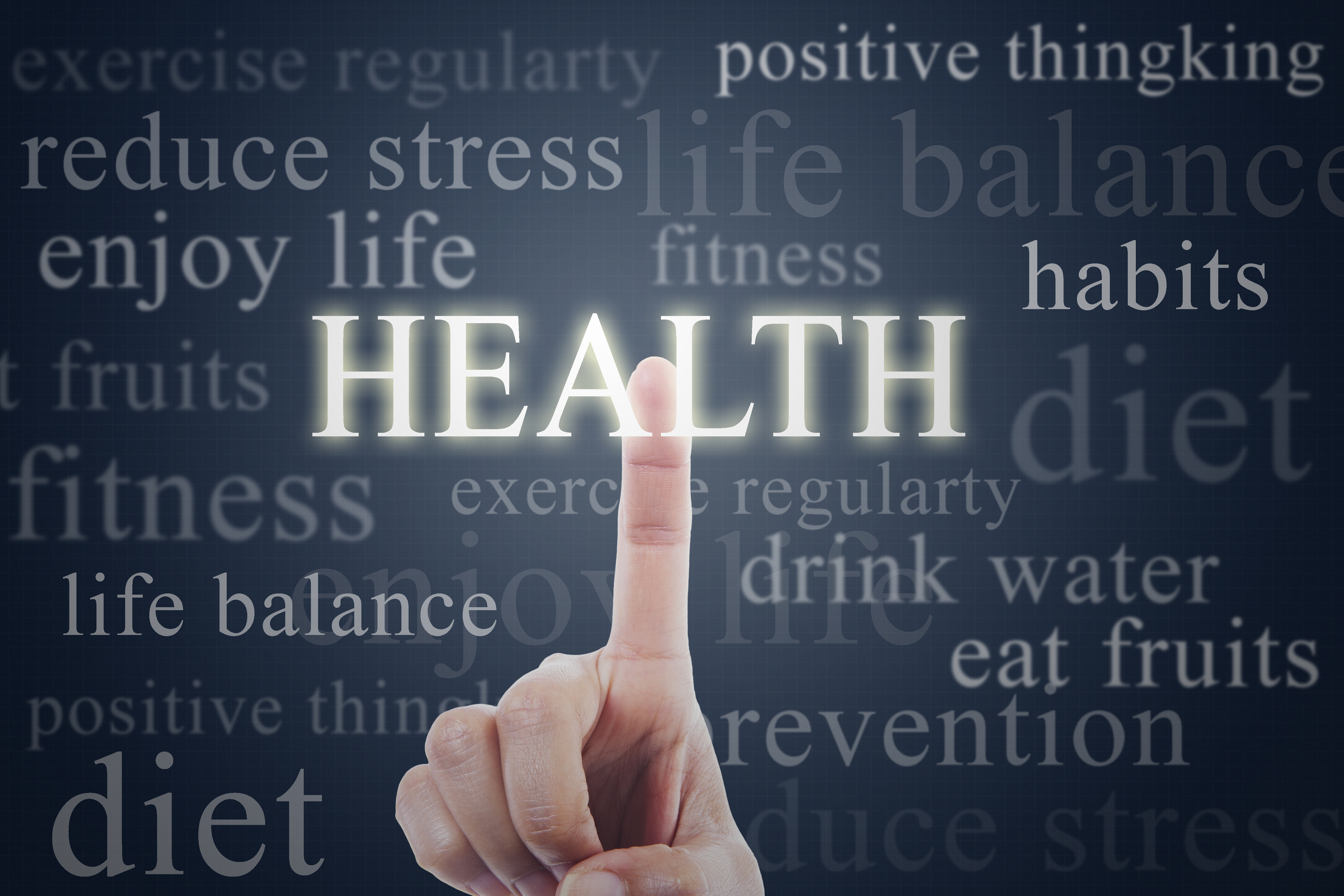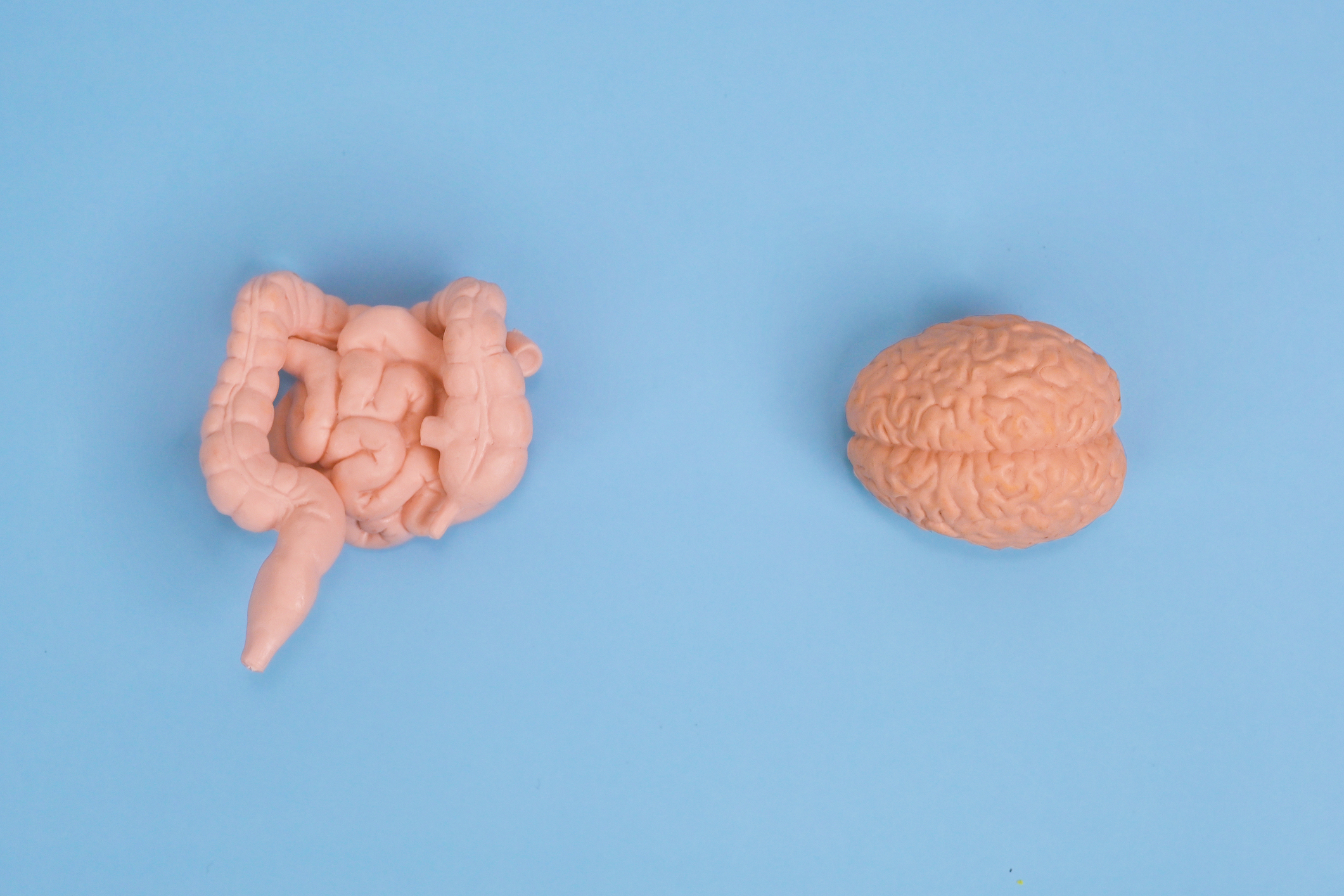
© Gunita Reine - Dreamstime

© Gunita Reine - Dreamstime

© Paulus Rusyanto - Dreamstime

In our Metabolism and human health study track, we have carefully curated specific training objectives to empower our students with comprehensive knowledge and practical skills that are crucial in advancing these fields. By the end of this course, our students will be equipped to delve into the intricacies of metabolic health, nutrition, and microbiota, comprehending their physiological functions as well as their role in pathological conditions. Students will gain a profound understanding of how these factors interplay in maintaining overall human well-being.
© Joy Ngamkamollert - Dreamstime
This Master's aims to be a comprehensive and interdisciplinary programme focused on human metabolism, nutrition, microbiome, and related health aspects. It covers a broad range of topics relevant to metabolic diseases, human-microbe interactions, and clinical medicine. Below is a breakdown of the courses and their key content:



This Master's track offers a comprehensive and interdisciplinary approach to understanding human metabolism, health, and diseases. It covers various aspects of nutrition, genetics, microbiology, laboratory techniques, and clinical medicine, preparing students for careers in research, healthcare, and related fields.
© Kiosea39 - Dreamstime | © Anton Estrada - Dreamstime | © Panya Saelim - Dreamstime
The second semester begins with two weeks of common courses before starting the specialised track that lasts 6 weeks and involves theoretical courses and paper presentations. Then, the students will have time to prepare the written and oral examinations that will take place thereafter. As a next step, the students will do a grant writing exercise on the topic of their Master project to familiarise themselves with their field of research, their research questions and their experimental approaches. Then, they will join their research laboratories for 6 months of full time work on their Master projects. The third semester will end with the students writing their Master thesis followed by an oral presentation and defense of the findings.
Please visit our host laboratories proposing affiliated projects for Master thesis.
The students who chose this study track will be given the opportunity to participate in the lively progress reports and seminars, a scientific retreat and an annual symposium.
The exposure to esteemed companies and healthcare institutions during the program can provide valuable networking opportunities and open doors to potential job placements or internships in relevant industries.
The focus on interdisciplinary collaboration in the programme equips graduates with versatile skills that can be applied in various professional settings, fostering a holistic approach to addressing complex health challenges.
Overall, this Master's programme offers a comprehensive foundation for a rewarding career in the fast-growing and impactful fields of metabolic health, nutrition, and microbiota. Graduates have the potential to make significant contributions to scientific research, public health, and the improvement of human well-being.
DrSc. Onya Opota
Institute of Microbiology
In charge of the Metabolism and Human Health track
Office 5038
Rue du Bugnon 48
1011 Lausanne
Tel. +41 21 314 40 58